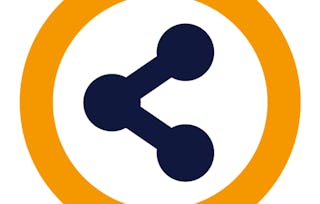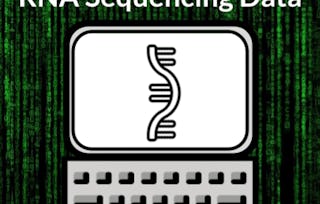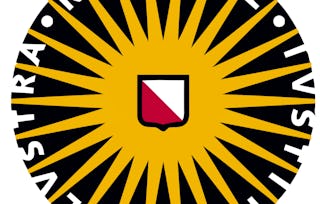Welcome to the Erasmus University Rotterdam Open Science MOOC! This course aims to empower researchers and research support professionals with foundational knowledge to conduct, support, and disseminate research efficiently and responsibly.

A starter’s guide to Open Science

(18 reviews)
Skills you'll gain
Details to know

Add to your LinkedIn profile
7 assignments
See how employees at top companies are mastering in-demand skills

There are 8 modules in this course
In this module, we will talk about the history and foundational ideas of open science. We will then explore similarities between open science principles and ethical standards of research. Finally, we will highlight the benefits of open science for individual researchers, research disciplines, and society.
What's included
4 videos1 reading1 assignment
In this module, we will talk about the definition and history of open access. We will learn the most common types of open access, and we will highlight the benefits of open access for individual researchers and society.
What's included
4 videos1 reading1 assignment
In this module, we will talk about the definition of research data and what does open data means. We will then learn about the FAIR principles and finally we will talk about data repositories.
What's included
3 videos1 reading1 assignment
In this module, we will talk about the definition of research materials and what does open materials is. We will then learn about examples of materials and how can researchers share these materials.
What's included
3 videos1 reading
In this module, we will introduce preregistration and highlight its usefulness by using clinical trials as an example. We will also introduce a special article format called Registered Reports and show how it can help mitigate cognitive biases and issues associated with current incentives in academic publishing.
What's included
3 videos1 reading1 assignment
In this module, we will introduce open educational resources, we will present a few examples and discuss the benefits and challenges of creating and using Open Educational Resources.
What's included
2 videos1 reading1 assignment
In this module, we will explore the connection between engaged and open research, we will present ways and examples of this connection and discuss the process and challenges of Open Engaged Research.
What's included
3 videos1 reading1 assignment
In this module, we will explore some new trends in the evaluation of research performance. We will briefly describe the current evaluation practices to highlight why open science offers a new perspective on research evaluation on three different levels: individual, institutional, and international.
What's included
2 videos1 reading1 assignment
Instructors



Offered by
Explore more from Governance and Society
 Status: Preview
Status: PreviewErasmus University Rotterdam
 Status: Free Trial
Status: Free TrialFred Hutchinson Cancer Center
 Status: Free Trial
Status: Free TrialFred Hutchinson Cancer Center
 Status: Free
Status: FreeUtrecht University
Why people choose Coursera for their career

Felipe M.

Jennifer J.

Larry W.

Chaitanya A.
Learner reviews
- 5 stars
72.22%
- 4 stars
27.77%
- 3 stars
0%
- 2 stars
0%
- 1 star
0%
Showing 3 of 18
Reviewed on May 29, 2025
Big science has historically been controlled and funded by the rich and powerful. Can open science change that?
Reviewed on Jun 23, 2025
Great overview of everything that is important regarding Open Science!

Open new doors with Coursera Plus
Unlimited access to 10,000+ world-class courses, hands-on projects, and job-ready certificate programs - all included in your subscription
Advance your career with an online degree
Earn a degree from world-class universities - 100% online
Join over 3,400 global companies that choose Coursera for Business
Upskill your employees to excel in the digital economy
Frequently asked questions
To access the course materials, assignments and to earn a Certificate, you will need to purchase the Certificate experience when you enroll in a course. You can try a Free Trial instead, or apply for Financial Aid. The course may offer 'Full Course, No Certificate' instead. This option lets you see all course materials, submit required assessments, and get a final grade. This also means that you will not be able to purchase a Certificate experience.
When you purchase a Certificate you get access to all course materials, including graded assignments. Upon completing the course, your electronic Certificate will be added to your Accomplishments page - from there, you can print your Certificate or add it to your LinkedIn profile.
Yes. In select learning programs, you can apply for financial aid or a scholarship if you can’t afford the enrollment fee. If fin aid or scholarship is available for your learning program selection, you’ll find a link to apply on the description page.
More questions
Financial aid available,


